An Impactful Program for Working Parents | Best Practice by Vontobel
At Vontobel, we have our eyes open to the fact that the transition to parenthood is a high-risk time for employees with interruptions, personal and professional life imbalance, often leading to occupational stress. The knock-on effect can burden the company through staff turnover and sick leave. As a future-oriented employer, we are committed to actively and effectively supporting our current and future female leaders in the ‘rush hours’ of life, to attract and retain, instead of losing them. Read on to learn how we target both mothers and fathers to achieve this.
This Best Practice was first published in the Gender Intelligence Report 2022.
According to the Federal Statistical Office’s Family Study 2021, around seven out of ten women (69%) and just under two-thirds of men (62%) become parents. That’s a significant proportion of a company’s workforce that needs to be positively influenced to stay engaged and energized at work. And the 2021 Gender Intelligence Report sees the crucial career age at 31 to 40 – exactly when most people in Switzerland start a family (in 2019, the average age of first-time mothers was 31, while that of first-time fathers was 33).
Starting a family is a very happy moment in life, but also critical point in one’s career. For women, it often represents a career break. Many women still drop out of the workforce or return part-time. Swiss women are considered part-time world champions. Most women never fully return to the labor market (only 17.9% work full-time, with children between 13 and 24). These facts and figures have been brought to light by the first Advance Whitepaper.
In our view, an effective program for working parents requires a holistic, systemic approach that takes into account the following:
In 2020, we launched two new initiatives for working parents: extended parental leave and peer coaching.
In the case of both maternity and paternity leave, the benefits that Vontobel grants to working parents go beyond the statutory minimum requirements. Employees in Switzerland are granted six months of maternity leave or four weeks of paternity leave on full pay (80% is required by law).
Depending on their personal needs, this period of parental leave can be taken on a fixed or flexible basis (see graphic). This benefit is granted irrespective of the number of years of service and for all kinds of family models (same sex, adoption).
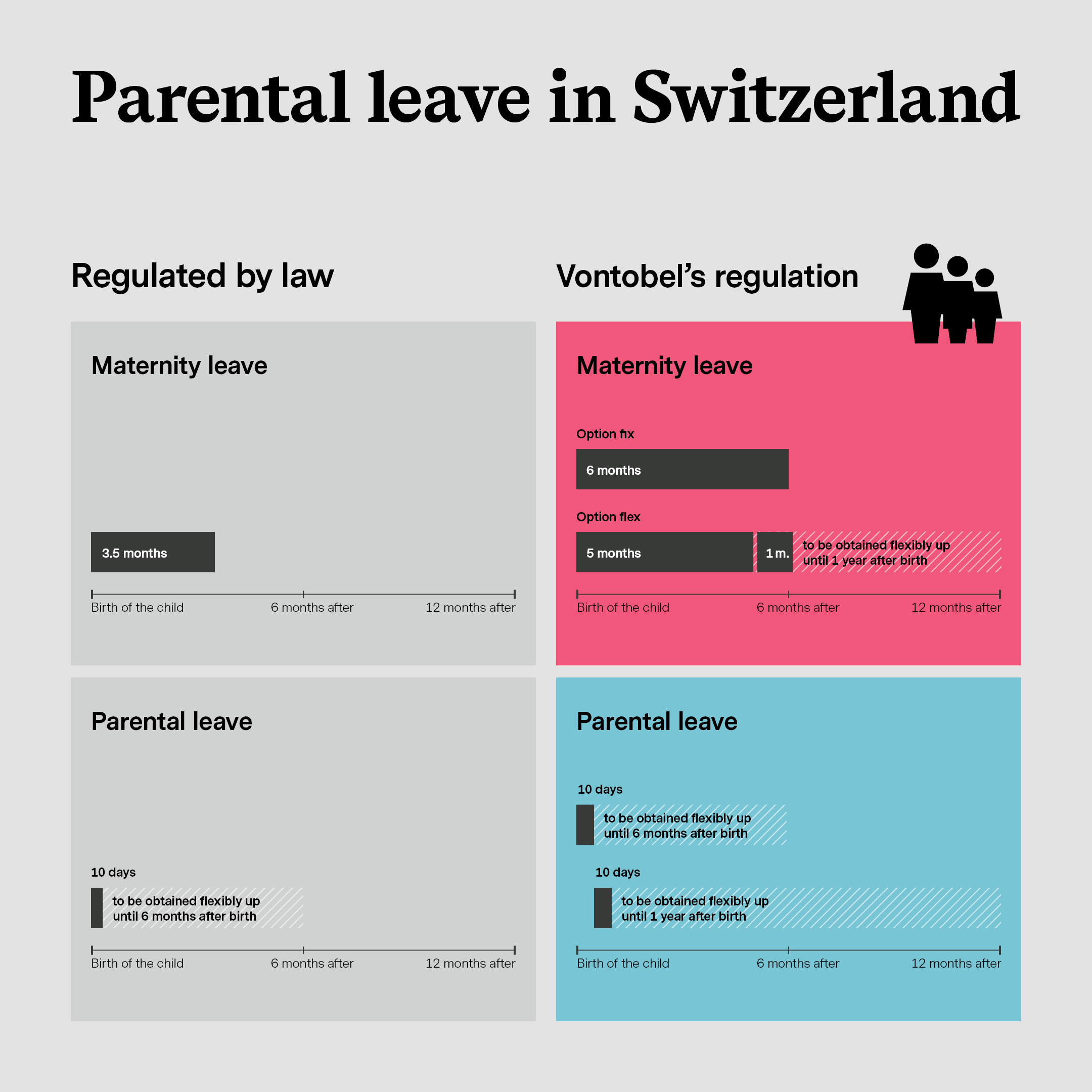
The peer coaching initiative is a collaboration of Vontobel and parents@work. Four ‘coaches’ (Vontobel employees with parental experience) each support two ‘coachees’ (young mothers or fathers) for one year as they return to work. The selected and trained coaches are familiar with the Vontobel culture and share their personal experiences in overcoming challenges related to family and career. Topics include value and purpose, career development, communication and relationship, work life balance and logistics, self-care, health and well-being, conflict management and resilience.
The initiative kicks off with an information session for prospective or new parents. The coaches and a previous coachee provide information about the program (half-hour presentation followed by a Q&A). If interested, young parents can apply. After a personal interview to clarify preferences, matching takes place across the business unit via parents@work.
There are a total of eight sessions between coach and coachee, which can take place during working hours and are treated confidentially.
More than 110 mothers and fathers have already benefited from the extended parental leave.
In addition, the internal and external feedback about the peer coaching program is great (check out feedbacks from both coaches Elodie and Marco and coachees Angela and Marc). This is also reflected, for example, in the fact that many experienced mothers and fathers would like to support other parents as coaches. And we have a very good echo with female candidates in job interviews.
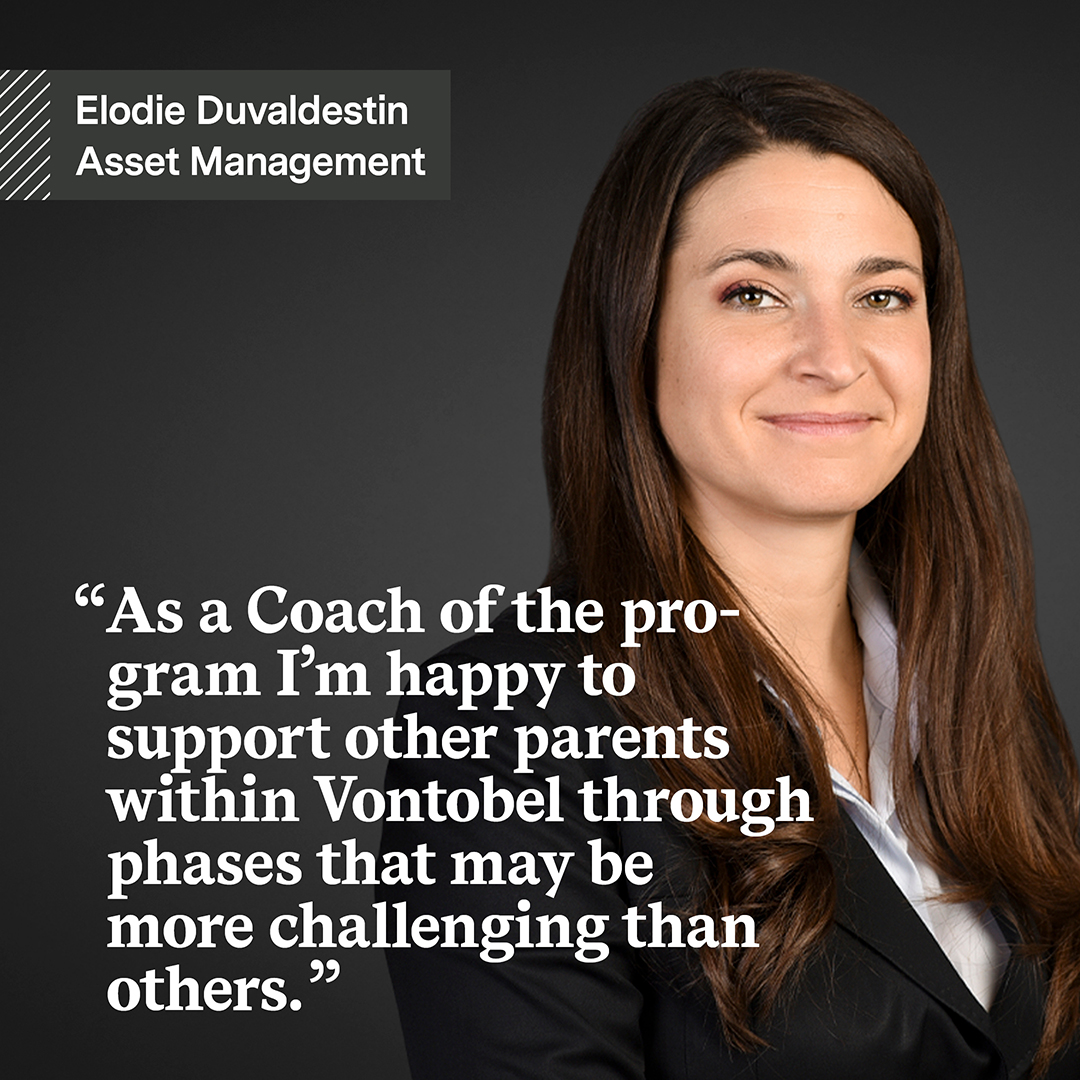


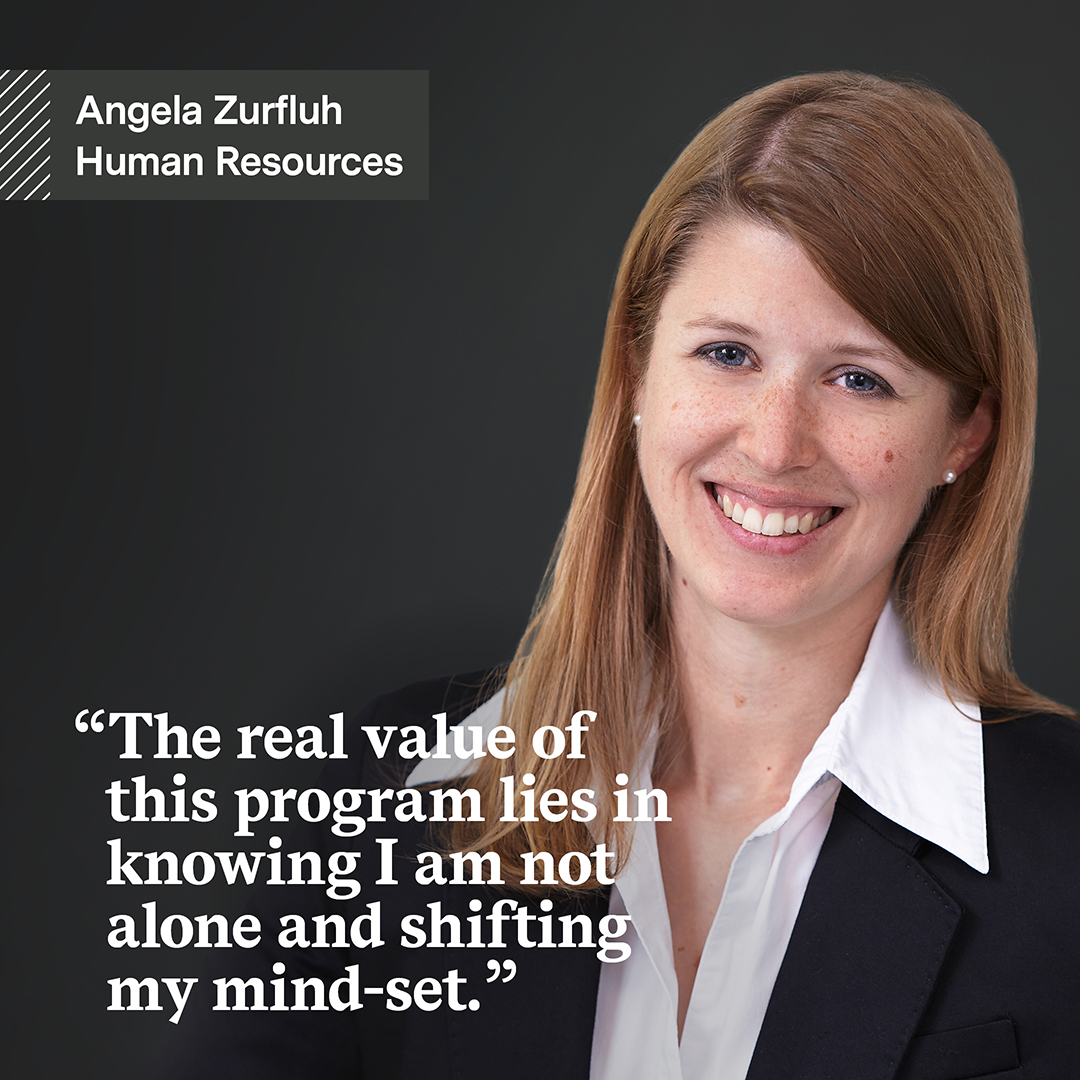
Our program demonstrates that Vontobel attaches great importance to ensure equal opportunities at key stages of life and thus redefines career in a more inclusive way.
Ultimately, Diversity & Inclusion is only effective to the extent that individuals feel safe, grow, can thrive and are cared for. By addressing these needs, Vontobel is developing leaders who can contribute to a more inclusive organization – and society – as a whole.
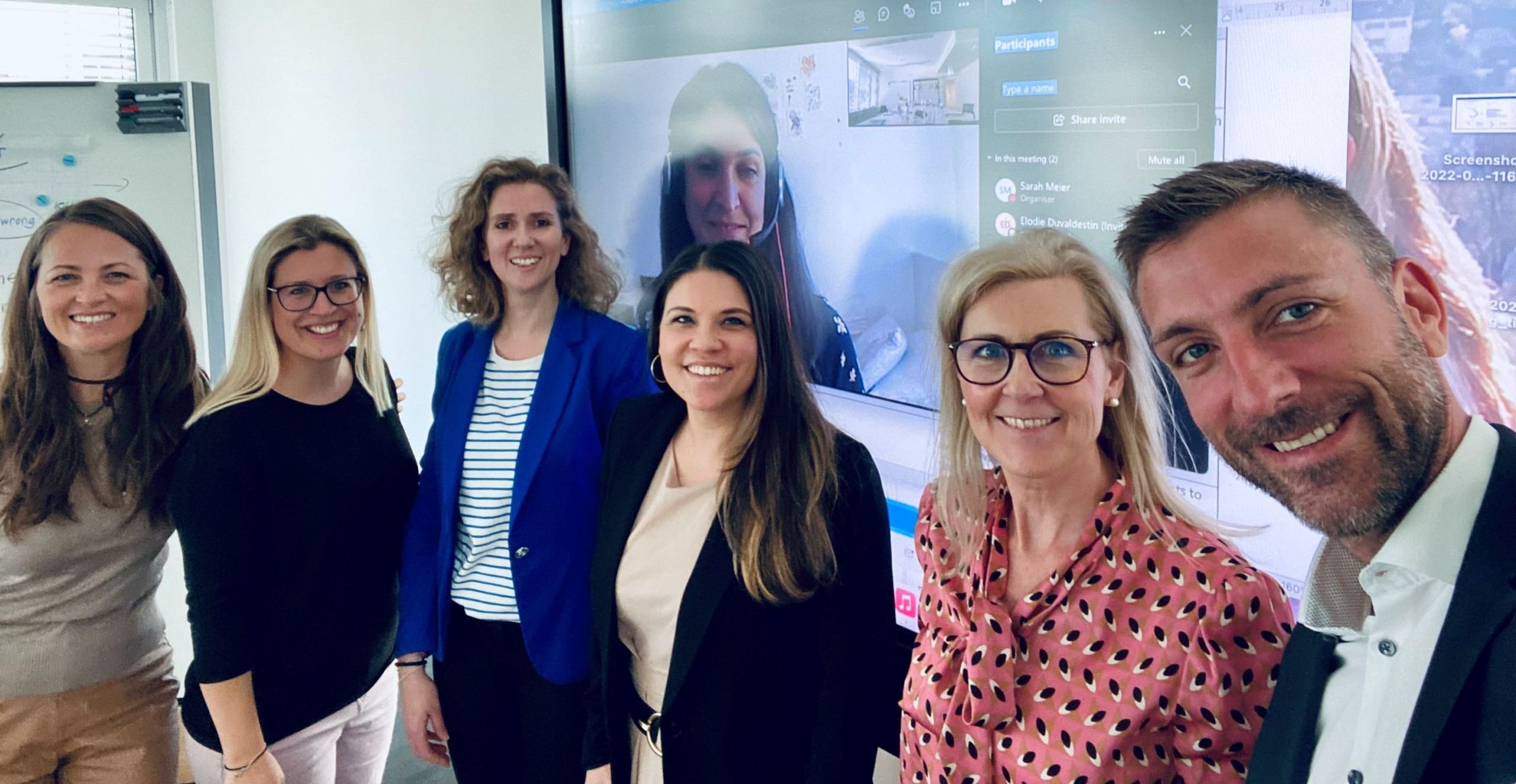
To exchange on Vontobel’s program for working parents please contact Ana Piubel, HR Business Manager & Director Diversity & Inclusion, ana.piubel@vontobel.com.
More information:
This Best Practice was first published in the Gender Intelligence Report 2022.

The new parental leave policy offers 16 weeks of fully paid leave to all employees regardless of gender, supporting natural, adoptive, same/opposite sex partners, and single parents. The policy has been well-received by employees, fostering equity and inclusion, supporting the transition to parenthood, and contributing to improved retention and engagement.

NatWest champions working families through their comprehensive initiatives, such as Partner Leave, Phase-Back Program, and a Remote First approach. Uncover how they lead in creating a gender-balanced and inclusive environment that supports employees' specific needs.

Step into ABB's world and witness their groundbreaking gender-neutral parental leave program. Discover how ABB fosters a gender-balanced and inclusive environment, breaking boundaries and paving the way for working families to thrive.

Bain's 'We Care' programme is changing the culture of care-giving as more men take up flex leave options and extended paternity leave.

The full pay flexibility deal allows new parents to decide how they want to manage the transition back to work.
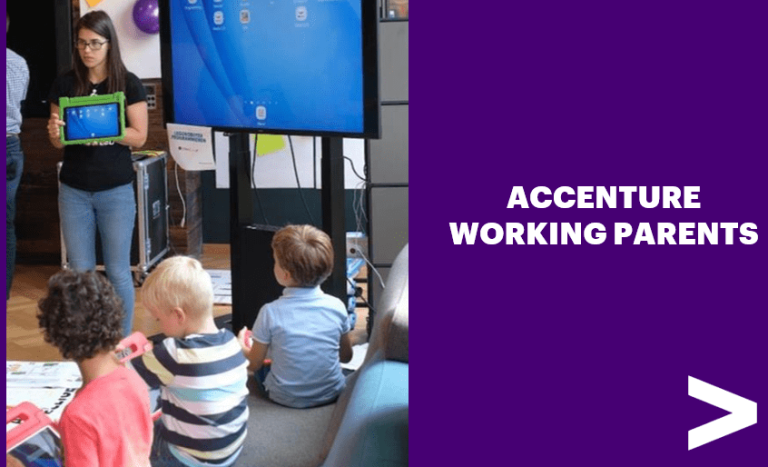
Accenture's thriving Working Parents' Network attracts 30% men in its membership.

#sharethecare shifts the narrative from ‘caregiving is strictly a woman’s responsibility’ to ‘caregiving is for both parents’. A bold ambition aiming to cultural change.

A new collective employment contract with the binding principles of: Flexible working, healthy work-life balance, equal pay and no discrimination.